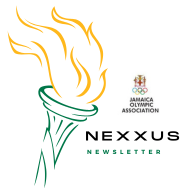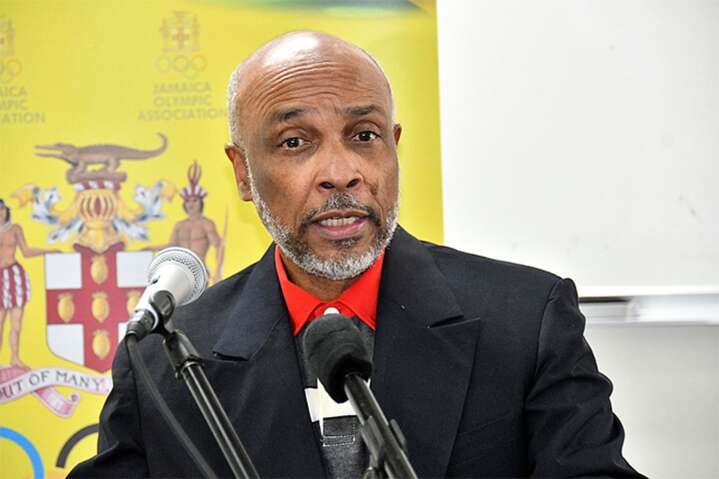JOA president says Jamaica won’t bow to pressure, skip Olympics amid Russian war tension
Jamaica Olympic Association (JOA) President Christopher Samuda says Jamaica will not boycott the Paris Olympic Games next year.
The call for a boycott comes from the governments of 34 other nations who want the International Olympic Committee (IOC) to clarify its stance on neutrality as it regards Russian and Belarusian athletes being allowed to compete at the Olympic Games.
The opposite regards Russia and Belarus’ invasion of Ukraine, which has resulted in a war that has now lasted over one year.
“As long as these fundamental issues and the substantial lack of clarity and concrete detail on a workable ‘neutrality’ model are not addressed, we do not agree that Russian and Belarusian athletes should be allowed back into competition,” the 34 nations said in a joint statement.
SAMUDA…we can use sport to heal nations and to mediate and arbitrate differences, and perhaps that is the role that the IOC will be playing. (Photo: Joseph Wellington)
The 34 nations are led by the United States of America, Britain, France, Canada, and Germany, who collectively amounted to a fifth of all participating athletes at the Tokyo Games in 2021.
But Samuda says a boycott goes against the Olympic Charter and its philosophy of allowing athletes an opportunity to compete at the highest level of sport.
“The Olympic Charter enunciates that each athlete should be given the opportunity to transition to the Olympic stage,” he told the Jamaica Observer.
“If we embrace that principle and philosophy, then we can understand that four years’ investment that an athlete makes in his or her life in order to transition to the Olympic stage should not be taken lightly.
“Therefore, we do not support any boycott of the Olympic Games. We feel that sport can be used to unify, it can be used to broker when persons have differences in civic life and in political life. Let us use sport as that instrument of change and transformation. Our position is that we should always encourage our athletes to transition to the Olympic stage. The investment that they have done for the last four or five years in the sport cannot be idly treated and we have to ensure that our young people understand that we are supporting them in their aspirations.”
Samuda says the Olympics could instead be used as a tool for strengthening international relations among IOC member states.
“I know that there are political issues that have to be resolved, and perhaps outside of the parameters of sport,” he said, “but we can use sport to heal nations and to mediate and arbitrate differences, and perhaps that is the role that the IOC will be playing.”
But Samuda is mindful of the possibility of strained relations between Jamaica and more developed states, especially as it regards trade if it takes a different stance on the matter.
“If there are disparities in positions, people have to respect each other’s positions,” he said. “We have to agree to disagree and that is a fundamental principle of Olympism as well. Even if there are disparities in the positions, I don’t think that that should be fatal at all. People have to have a far more mature approach to mediation and arbitration and to look at respective positions and see how we can find a medial ground. There has to be a medial ground, other than that, we will have polarising positions that will not serve the interest of sport. Yes, relations may be affected, and somewhat adversely, but I believe and I’m an optimist that sport can be used to heal the differences that exist.”
A boycott is not an unfamiliar phenomenon to the Olympic Games as the United States led one of the Summer Olympic Games in Moscow in 1980 to protest the late 1979 Soviet invasion of Afghanistan. In total, 65 nations refused to participate in the games, whereas 80 countries, including Jamaica, sent athletes to compete







 and then
and then